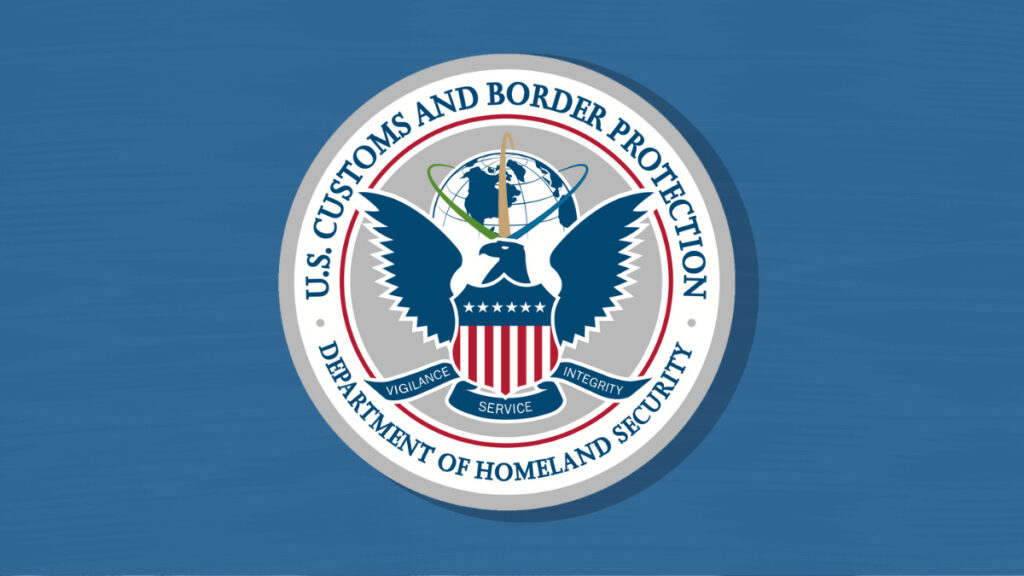On March 20, 2024, KPMG Canada published an article outlining the challenges and strategies to help Canadian companies enhance the sustainability of their supply chains. According to a recent KPMG survey, many Canadian business leaders see supply chain complexity as the main barrier to achieving their sustainability goals, surpassing issues such as technology gaps and talent shortages.
Kim Swanzey, a partner at KPMG Canada and head of supply chain sustainability, emphasized that the pressure to adopt sustainable practices comes from multiple sources, including regulators, consumers, and investors. She explained that supply chains are often long, opaque, and fragmented, making full traceability of practices challenging. Companies also struggle to control suppliers beyond tier 1 and tier 2 levels.
The article also discusses the impact of the rapidly evolving regulatory framework. In January 2024, Canada adopted Bill S-211, requiring companies to disclose their efforts to eliminate forced labor and child labor from their supply chains. Internationally, Canadian companies must also comply with global regulations such as the European Corporate Sustainability Directive and the U.S. Uyghur Forced Labor Prevention Act. These measures compel companies to improve transparency and strengthen ESG risk management throughout all stages of their supply chains, from raw materials to manufacturing.

To tackle these challenges, KPMG recommends a proactive and collaborative approach. This includes integrating robust traceability systems, working closely with suppliers, and embedding ESG criteria into corporate strategies. By adopting these practices, companies can not only comply with new standards but also enhance their resilience and competitive position in an increasingly sustainability-oriented global market.
For investors, supply chain transparency and sustainability have become essential criteria. Companies that adopt clear strategies to improve the sustainability of their supply chains are better prepared for regulatory changes and evolving consumer expectations. Investing in organizations that implement strong ESG risk management practices can provide solid financial returns while aligning portfolios with ethical values, thereby reducing risks related to reputation and supply chain disruptions.
Source:


